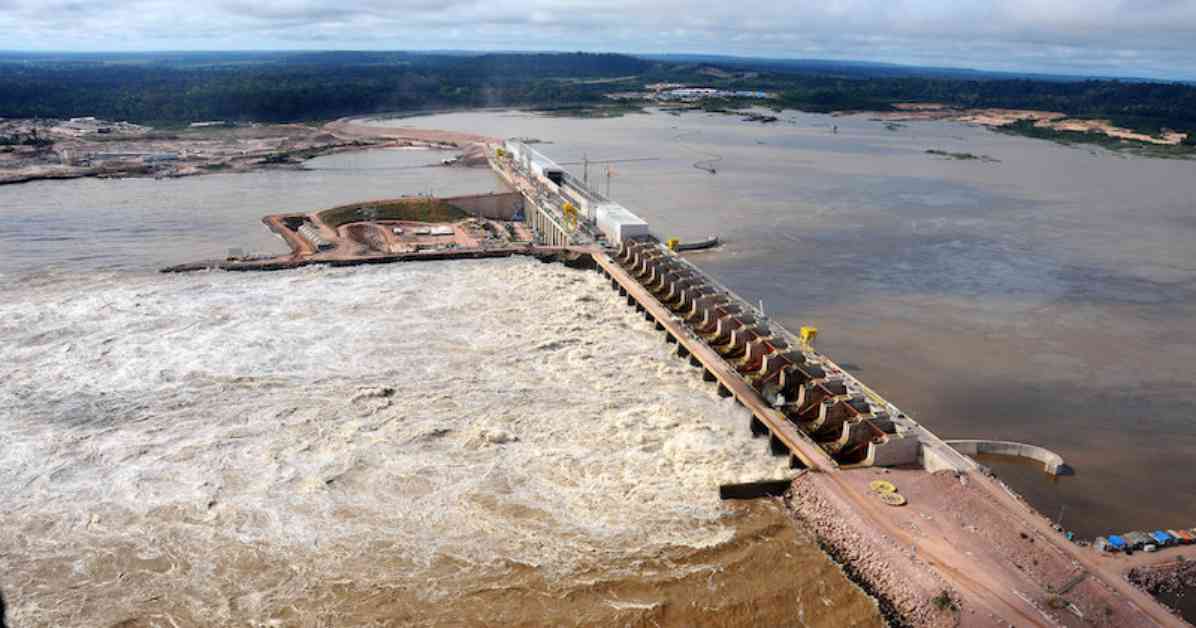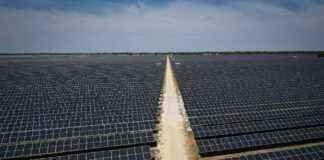World Bank’s Revival in Financing Large Hydroelectric Dams
The World Bank, after years of steering clear of financing major hydroelectric projects, has made a significant shift in policy by approving a $6.3 billion project to complete the Rogun Dam in Tajikistan. This decision marks the beginning of a series of large hydro projects expected to receive the bank’s backing in the near future.
Implications of the World Bank’s Support
The approval of the Rogun Dam project signifies a departure from the bank’s previous stance against funding big hydro projects due to their substantial environmental and social impacts. The completion of the Rogun Dam, which is already 30% done, would make it the tallest dam globally and one of the most expensive, costing $11 billion.
Concerns Surrounding Large Hydro Projects
Despite the potential benefits of projects like Rogun and Inga 3, critics raise valid concerns about the environmental consequences, displacement of communities, and long-term sustainability of these ventures. The impact of dam building extends beyond just electricity generation, affecting ecosystems, livelihoods, and regional stability.
Expert Perspectives on the World Bank’s Decision
Experts like Josh Klemm and Eugene Simonov caution against the rapid resurgence of large hydro projects, highlighting the need for a comprehensive evaluation of the risks and benefits associated with such endeavors. The World Bank’s renewed emphasis on hydropower raises questions about its commitment to sustainable energy solutions in the face of evolving environmental challenges.
As we navigate a changing climate landscape, the decisions made by institutions like the World Bank have far-reaching implications for our planet’s future. It is essential to balance the immediate energy needs with long-term environmental considerations to ensure a sustainable and equitable energy transition for all. Let’s reflect on how our energy choices today shape the world we leave behind for future generations.














